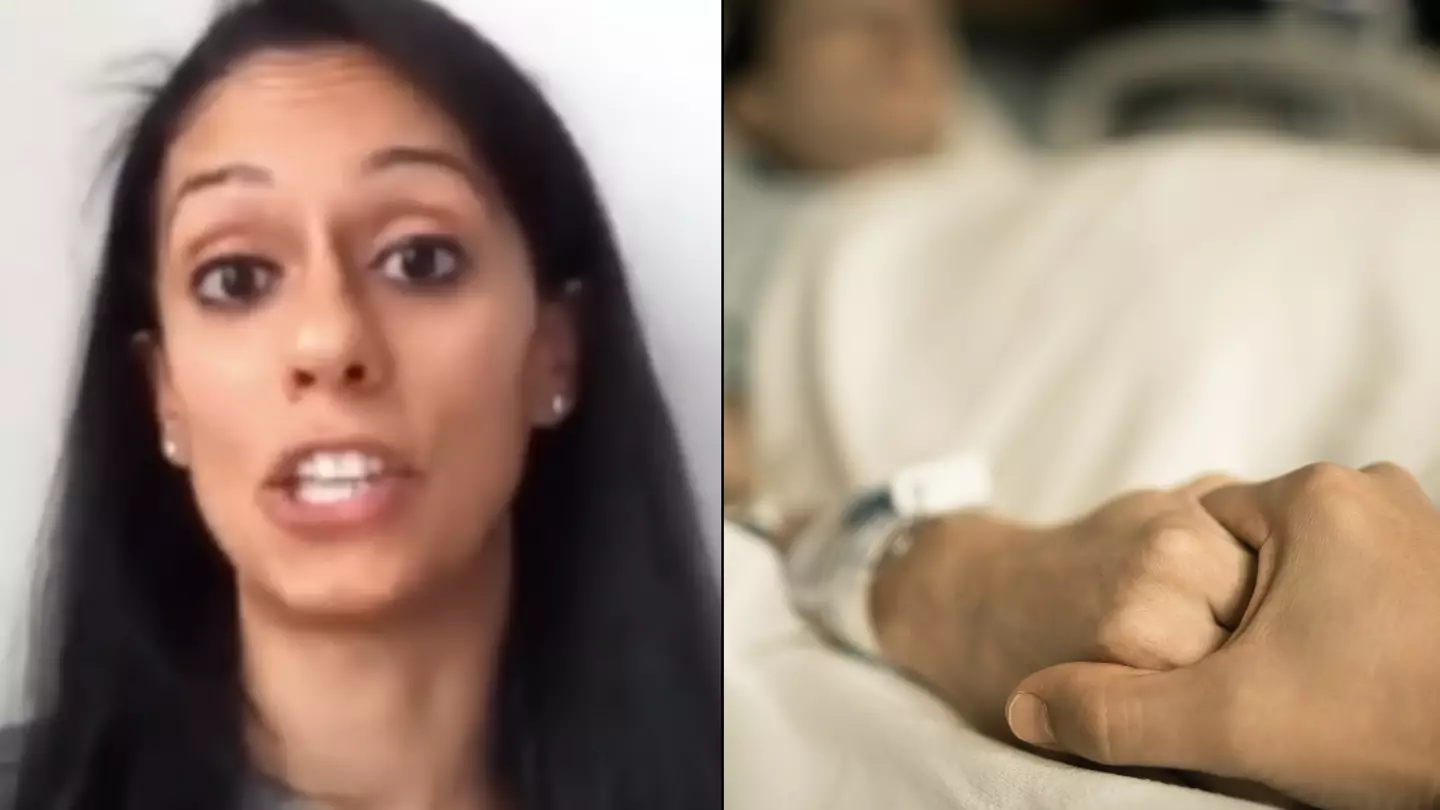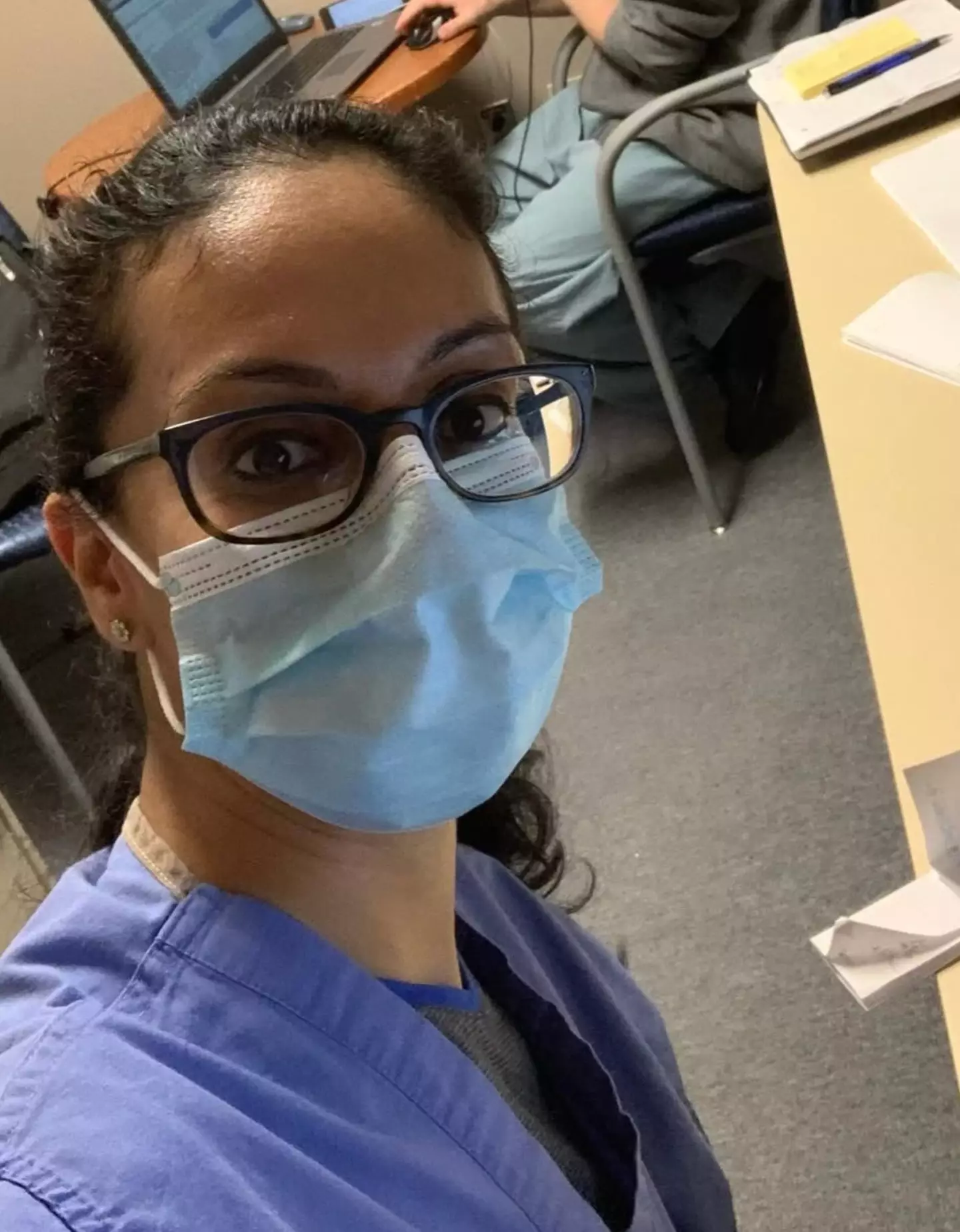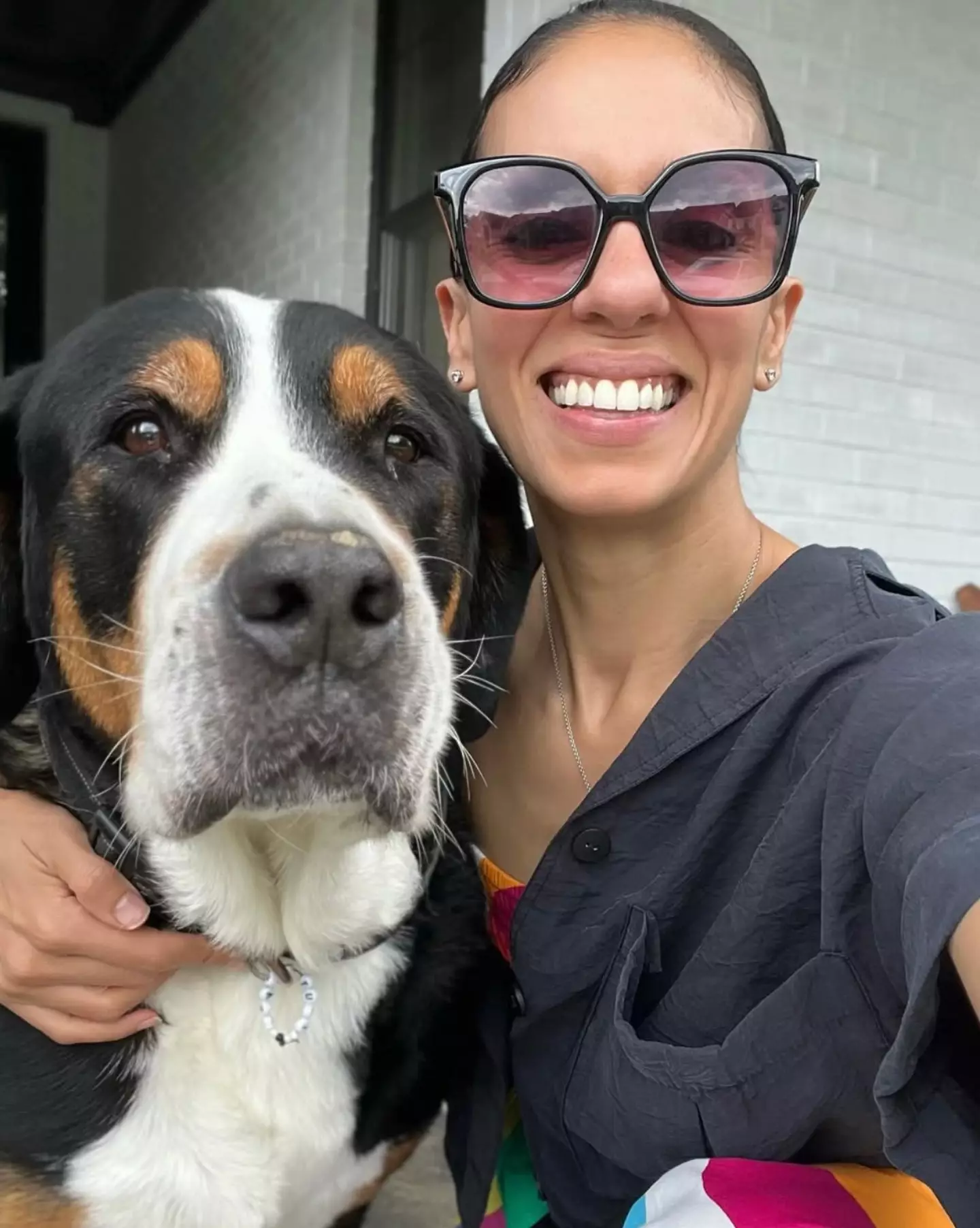
Doctors might have a reputation for saving lives and tending to the sick, but they play an equally important role in helping their patients through death too.
Some clinicians also specialise in palliative care, meaning they are equipped to care for people with serious illnesses and those who sadly won't ever recover.
Whether it's relieving patients from pain, managing their symptoms or simply lending a sympathetic ear, these heroes do it all - including Dr Simran Malhotra.
She has been in the world of medicine for more than a decade and has cared for thousands of patients in their final hours over the years.
Advert
She's a triple board certified physician in internal medicine, a hospice and palliative care doctor, and a lifestyle medicine coach, so she really has got most bases covered.
The medic, from the US, explained that she's learned a lot from her patients throughout her career - including what their biggest regrets are when they are lay on their death bed.
Inevitably, this has influenced the way she navigates her own life, and Dr Malhotra hopes that she can encourage others to take heed of the words of wisdom she has heard along the way too.
Explaining how she ended up in palliative care, she told Health Digest: "I remember one of my very first rotations during my internal medicine residency was in the ICU.
"I just felt so much for the patients and their families because I felt like they didn't get enough time and attention from the medical team.
"And so for me, when I did my first palliative care rotation, I got to sit down with a family, I got to understand what their goals were, what their hopes were, what their worries were, and it really allowed me to get in with them in their experience and try to provide the most personalised and compassionate care possible."

With this kind of attitude, it's no wonder that patients feel comfortable sharing their final thoughts with her.
She explained that the majority of people tend to discuss whether they feel as though they have fulfilled everything they wanted to in life.
Dr Malhotra said: "I found that my elderly patients will often share things like, 'I'm at peace' or 'I've lived a good life'.
"Whereas, for my younger patients, I haven't really had any patients that have shared openly any specific words. It really comes down to like, 'I'm not ready to die, I have so much more living to do'."
However, she doesn't think that age is the reason for this difference.
"I think it has less to do with age and more to do with a sense of unfinished business," Dr Malhotra continued.

She explained: "The elderly have had more time to live their lives...the young, on the other hand, are still in the midst of living.
"They still have so much potential and so many dreams yet to be realised. And that is why it is more difficult for them to come to terms with their own mortality and share words of acceptance."
If you're someone who'd struggle for a conversation starter in these kind of circumstances, she has some words of advice regarding what you could say.
Dr Malhotra urged people to get out the 'simple things which matter most' in a patient's final hours, such as telling them you love them, thanking them or perhaps asking for forgiveness.
She added: "When the time does start to come near, I encourage all my patients and their families to share the things that matter most to them.
"[These words] can mean the world to someone in their final moments, and I've seen firsthand how much of a difference it makes."